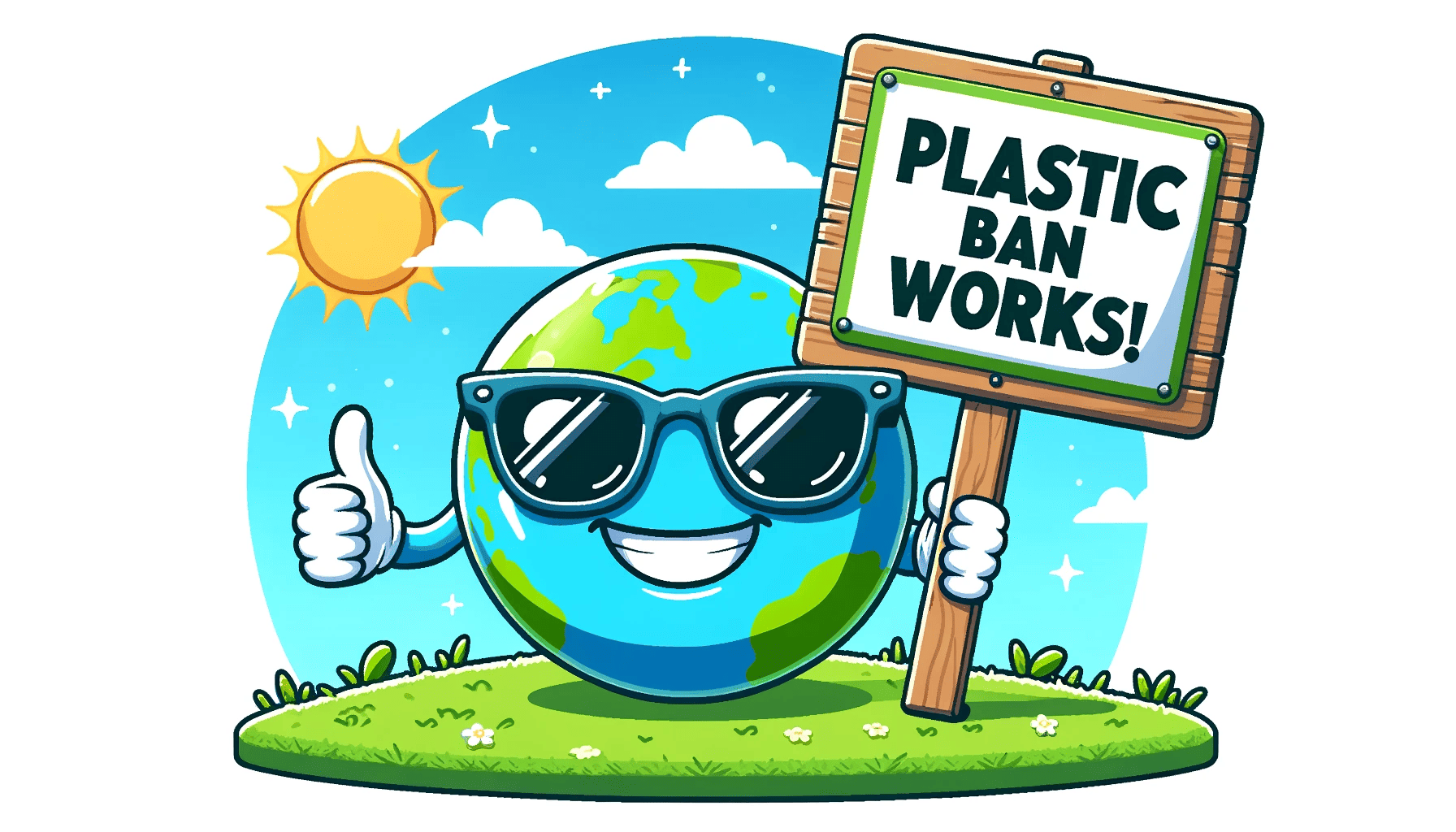

“The bottom line is that plastic bag bans work,” said Faye Park, president of the U.S. PIRG Education Fund, in a statement. “People realize quickly it’s easy to live without plastic bags and get used to bringing a bag from home or skipping a bag when they can.”
Image via Unsplash.
Plastic bags are a victim of their own success. When they were first patented in Europe in 1965, society was shocked to see how cheap and durable they could be. Within a decade or two they became mainstream on the continent and in North America, and it wasn’t long before they started being widely used on the entire planet.
But plastics were just a little too durable. They didn’t go away. They started accumulating in landfills and in the oceans. The environmental impact of plastic bags gained attention with the discovery of the Great Pacific Garbage Patch in 1997. Plastic bags (and plastic in general) had left its mark on the planet in an unprecedented form of pollution.
Fast forward a couple more decades, and countries started fighting their urge to use cheap plastics and implement bans or other measures against plastic bags — and finally, there’s some good news.
San Francisco pioneered the movement in the U.S. by passing the nation’s first plastic bag ban in 2007. Several other U.S. cities and states implemented plastic bag bans or restrictions. By 2023, ten states had statewide bans, with similar laws proposed in others. To get a state of how much this of a difference this made, five studied bans resulted in an average elimination of almost 300 plastic bags per person per year. Overall, in the US alone, billions of plastic bags were avoided with anti-plastic bag measures.
The case against plastic bags is straightforward. Plastic pollution kills at least 100,000 marine mammals and 1 million seabirds every year and entanglement in plastic and other types of litter kills roughly 1,000 turtles per year. Plastic bags aren’t responsible for all of that, but they make up an important part of the problem.
The results, which were published in a report, also highlight that imperfect measures leave loopholes or encourage buyers to opt for other single use bags.
Well-designed single-use plastic bag bans across the country have successfully reduced single-use plastic bag consumption, cut down on plastic bag litter and driven consumers to make more sustainable bag choices. Policymakers should pursue these policies at the state and local levels,” the report says.
The idea isn’t to shift from one type of single-use bag to another type of single-use bag. Paper bags are easier to recycle than plastic, but they take 3-4 times more energy to produce and usually generate more solid waste.
Ultimately, the report concludes that regulation is the best current way to address plastic waste and plastic pollution.
“Grocery stores, restaurants and retail shops should not be permitted to distribute plastic film bags of any thickness at checkout. Stores should be required to charge a fee of at least 10 cents for single-use paper bags. A 10-cent paper bag fee will limit the expected increase in paper bag use after a bag ban is imposed and may even reduce paper bag consumption altogether.”
“Local and state governments should conduct regular enforcement to ensure compliance.”
You can read the report in its entirety here.
https://bxt.org/duhln